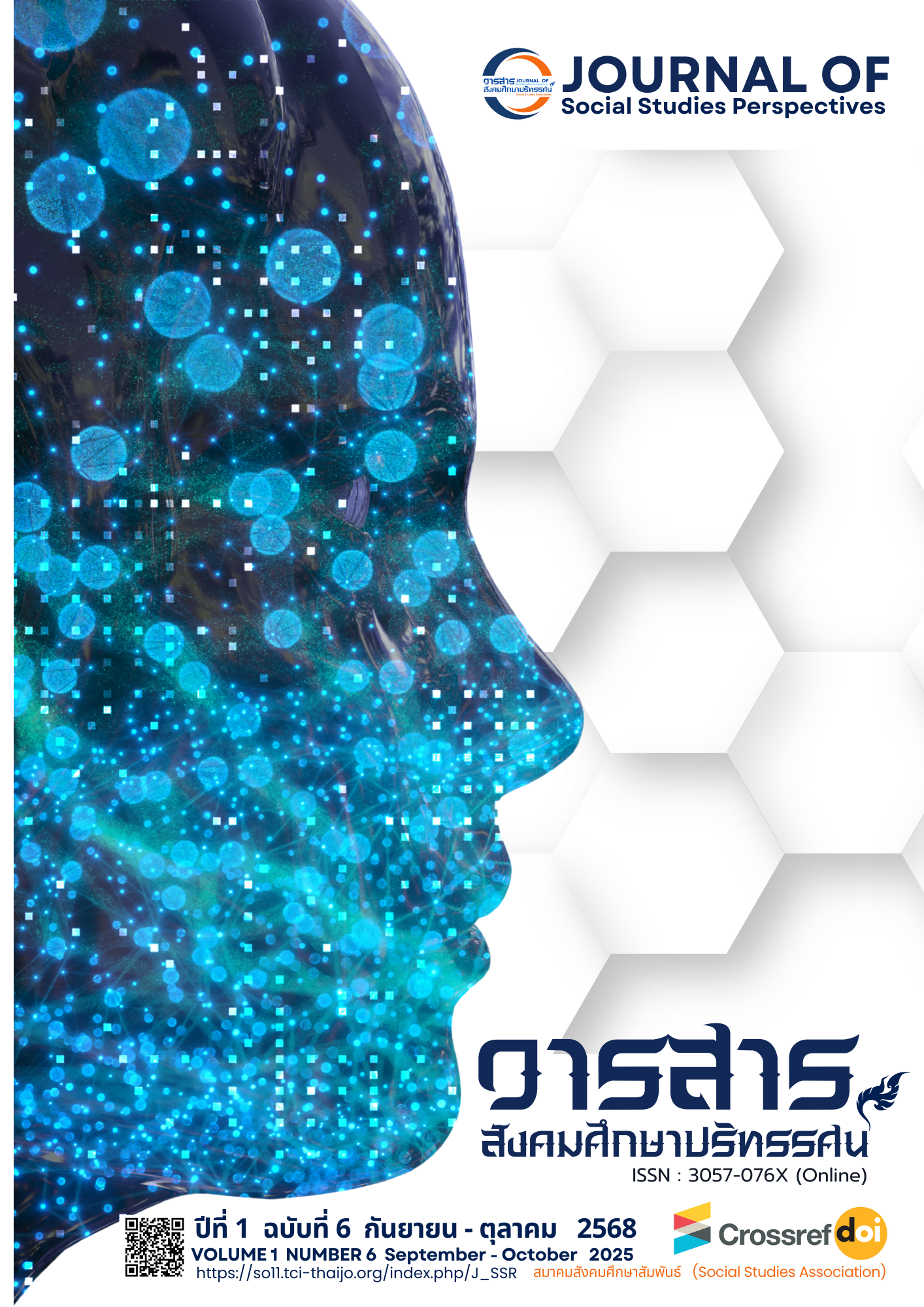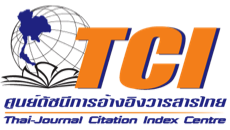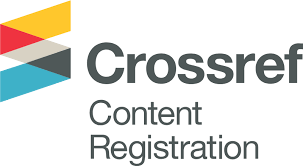PUBLIC SECTOR DATA MANAGEMENT AND TRACEABILITY SYSTEMS IN THE REGULATION OF ANIMAL FEED MANUFACTURING PLANTS
DOI:
https://doi.org/10.64186/jsp2414%20Keywords:
Data Management , Government Tracking System , Animal Feed Production Plant ControlAbstract
This research aims to 1) examine the models and approaches of government data management used in monitoring and regulating animal feed factories in Thailand; 2) analyze the effectiveness of government monitoring and inspection systems applied to control feed production quality; and 3) propose guidelines for developing government data management and monitoring systems by integrating digital technologies such as the Internet of Things (IoT) and Blockchain to enhance efficiency and transparency in regulating feed factories. The sample group consisted of 25 participants, including government officials responsible for feed factory regulation, factory executives in Nonthaburi Province, and information technology experts, selected through purposive sampling. Data were collected via in-depth interviews and analyzed using content analysis. The findings revealed that: (1) government data management remains fragmented, with agencies maintaining separate records primarily in manual or paper formats, leading to duplication and inefficiency. The absence of a centralized, interconnected system hinders accurate and timely policy planning and decision-making; (2) government monitoring systems face limitations, including delays, inaccuracies, and insufficient responsiveness to irregular events, as they primarily emphasize retrospective inspections rather than predictive measures. This reactive approach is inadequate for proactive risk management in rapidly changing contexts; and (3) future development should focus on technology integration and capacity building. The application of IoT and Blockchain can enable real-time data recording and verification, supported by the establishment of a centralized database connecting both government and private sectors, alongside training programs to enhance digital skills of personnel for sustainable system implementation.
References
Anderson, B., Chugg, B., Eicher, S., Lee, S., & Ho, D. E. (2021). Enhancing environmental enforcement with near real-time monitoring: Likelihood-based detection of structural expansion of intensive livestock farms. arXiv. https://arxiv.org/abs/
Betagro. (2020). Betagro launches Nong Bun Mak feed mill in Nakhon Ratchasima: Smart factory with IoT. https://www.betagro.com/th/updates/news-release/174/betagro-launches-nong-bun-mak-feed-mill-in-nakhon-ratchasima-smart-factory-with-intelligence-to-level-up-supply-chain-a-prototype-to-drive-production-manage-resources-for-sustainable-growth
Department of Livestock Development. (2024). Digital action plan of the Department of Livestock Development [Government document].
Iftekhar, A., Cui, X., Hassan, M., & Afzal, W. (2020). Application of blockchain and Internet of Things to ensure tamper proof data availability for food safety [Preprint]. arXiv. https://arxiv.org/abs/
Jaroonmethasit, P. (2020). Improving overall equipment effectiveness in an animal feed manufacturing plant (Master’s thesis, Dhurakij Pundit University).
King, G., Keohane, R. O., & Verba, S. (1994). Designing social inquiry: Scientific inference in qualitative research. Princeton University Press.
Marakanon, L. (2021). Supplier selection for an animal feed factory using the Analytic Hierarchy Process (AHP) (Academic thesis, Thepsatri Rajabhat University).
Miasayedava, L., McBride, K., & Tuhtan, J. A. (2020). Automated environmental compliance monitoring with IoT and open government data. arXiv. https://arxiv.org/abs/
PC Farm Thailand. (n.d.). Good manufacturing practices for animal feed. https://www.pcf-farm.com/index.php?Id=2147503257&Ntype=17&ac=article&lay=show
Robinson, C., Chugg, B., Anderson, B., Ferres, J. M. L., & Ho, D. E. (2021). Mapping industrial poultry operations at scale with deep learning and aerial imagery. arXiv. https://arxiv.org/abs/
Spitalleri, A., Kavasidis, I., Cartelli, V., Mineo, R., Rundo, F., Palazzo, S., Spampinato, C., & Giordano, D. (2023). BioTrak: A blockchain based platform for food chain logistics traceability [Preprint]. arXiv. https://arxiv.org/abs/
Suwannakut, K. (2018). Introduction to qualitative research in social sciences. Thammasat University Press.
Syafrudin, M., Alfian, G., & Fitriyani, N. L. (2025). Smartphone based food traceability system using NoSQL database [Preprint]. arXiv. https://arxiv.org/abs/
Thai Feed Mill Association. (2021). Overview of information management of the Thai Feed Mill Association. https://www.thaifeedmill.org/about/
Wattagnet. (2014, April). Feed traceability systems improve with evolving regulations. Wattagnet. https://www.wattagnet.com/home/article/15513266/feed-traceability-systems-improve-with-evolving-regulations
Downloads
Published
How to Cite
Issue
Section
Categories
License
Copyright (c) 2025 Journal of social studies perspectives

This work is licensed under a Creative Commons Attribution-NonCommercial-NoDerivatives 4.0 International License.
The article is published under the Creative Commons Attribution-NonCommercial-NoDerivatives 4.0 International (CC BY-NC-ND 4.0) license, which allows others to share the article while giving appropriate credit to the author. It prohibits the use of the article for commercial purposes or the creation of derivative works. Any other reuse or reproduction requires permission from the journal.










